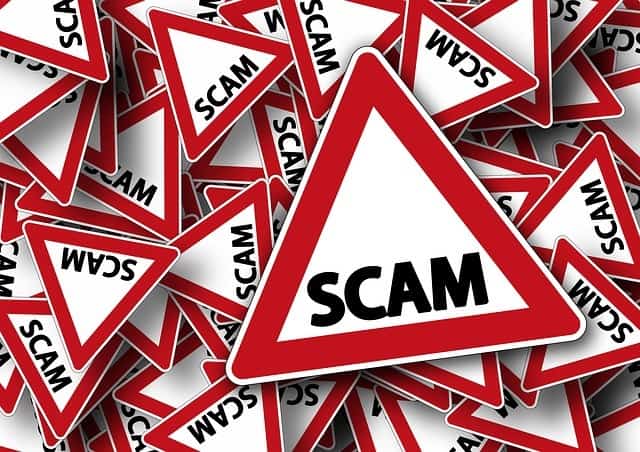A number of scams and misleading marketing emails are targeting intellectual property owners. It’s easy for scammers to find IP owners because patent and trademark applications and domain name registrations are public records and include contact information for the IP owners. These scams often take form of official-looking notices or invoices, sent via email and requesting payment. In many cases, the senders choose names that are confusingly similar to those of legitimate major IP organizations. They may try to convince IP owners to pay for services the scammers can’t actually provide, or may hope to convince them to pay for services of minimal or zero value. Here are some scams to be on the lookout for:
Chinese Domain Names
One common and long-running scam involves an email that purports to originate from a domain name registrar or IT consulting company in China. The sender claims to be alerting the recipient that another entity is trying to register the recipient’s trademark or business name as a domain name in China, Hong Kong, Taiwan, or all of Asia. The email commonly gives the owner of the trademark a deadline by which to claim the name in the relevant market. Although cybersquatting on trademarks is, in fact, a real problem it’s better to consult a legitimate trademark attorney to deal with the issue.
World Intelligent Property Office
The “World Intelligent Property Office” wants you to think that it’s the World Intellectual Property Organization (WIPO). The “Intelligent” version has been sending out credible-looking invoices, asking for payment of fees for trademarks used in the European Union. An example of one of these fake invoices is here. The real WIPO site can be found here.
You can read about more IP-related scams here. If our office is handling your patent and/or trademark matters, it’s unlikely that any government IP entity would be contacting you directly. If you receive any kind of a billing notice related to your intellectual property rights (that doesn’t come from us), contact our office to find out if it’s legitimate.


